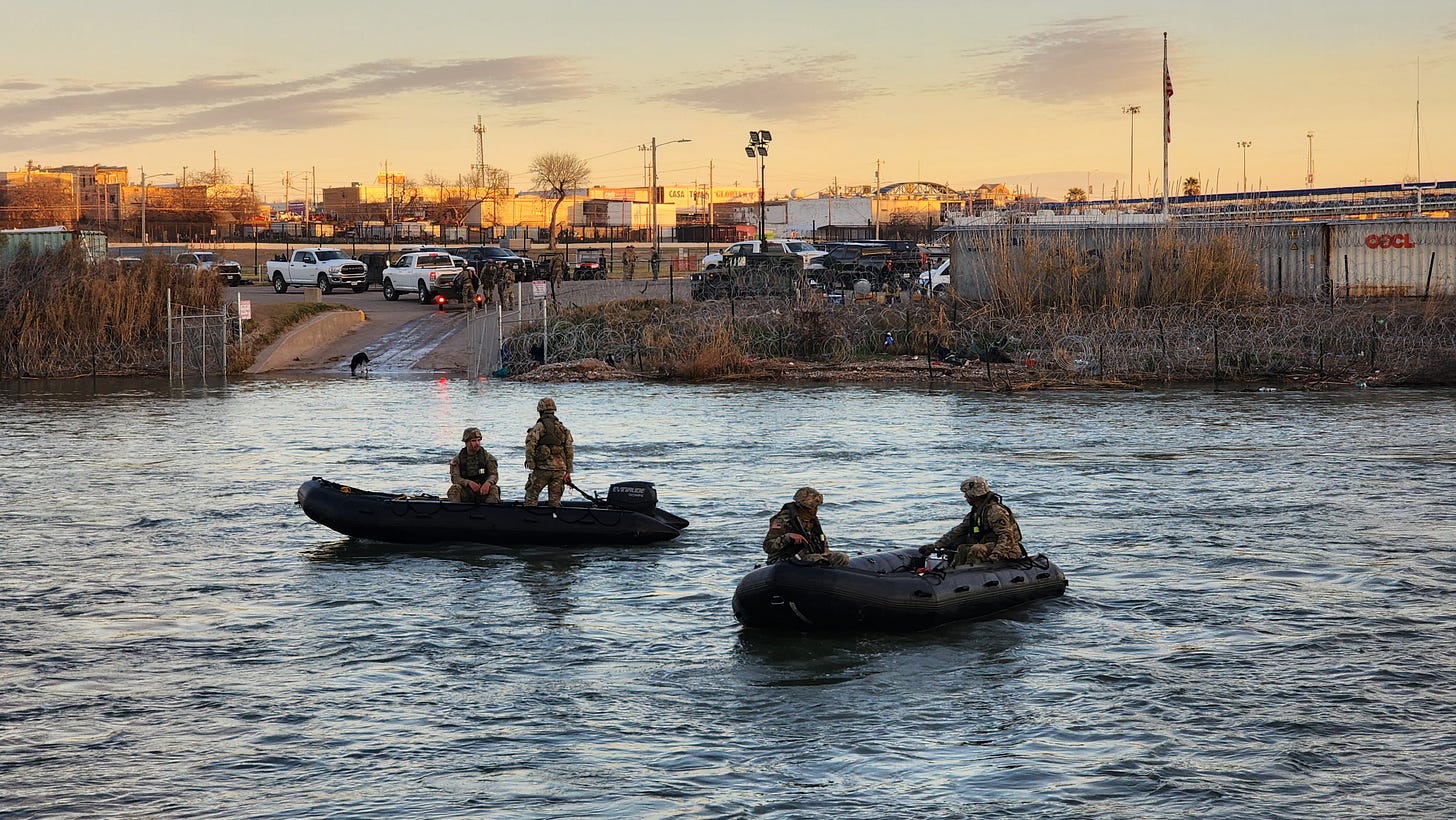The Migrant Mass-Kidnapping Machine
Cartels ransom refugees in Mexico on an industrial scale
It was a taxi driver that handed Minardo Escalona over to the cartel. The 29 year old Cuban mechanic arrived on a plane at Monterrey airport late last month en route to Eagle Pass, Texas, where he had an appointment for an asylum hearing. He found the taxi on the street and negotiated a price to drive him to the border. But the taxi took him to a safe house where gunmen stripped him of his possessions and held him for three days half-starved while he called his family in Cuba and begged them to send money.
Escalona’s loved ones eventually wired $2,000 via Western Union - a small fortune for those living under Cuba’s decaying regime where the average wage is about $200 per month. “[The gangsters] give you scraps to eat, just to keep you alive to pay,” Escalona tells me when he arrives this month at a migrant hostel in Piedras Negras, the Mexican city over the Rio Grande from Eagle Pass. “I’m glad I made it but I feel terrible that my family had to lose all that money.”
As he checks into the Catholic shelter, Mother Isabel Turcios, who runs it, tells him he was lucky. “It’s often worse,” she says to him. “They get $10,000 or more out of people.”
Kidnappings of migrants and refugees in Mexico appear to be soaring along with record numbers of voyagers. Mexican security forces raided locations with at least ten large groups of abductees with a total of 400 victims last year, according to the nation’s immigration institute. But the vast majority of cases are likely never reported. Mother Turcios says that for every ten people in the hostel, two or three have been held for ransom. This would signal that cartels are carrying out abductions on an industrial scale as mobs such as the Zetas did in the past.
It’s easy to find victims. A Venezuelan family at the refuge describe how they stayed at a cheap hotel in Veracruz state and the owners sold them to kidnappers. A Honduran teenager recounts how gunmen abducted him from a freight train and held him on a ranch.
It might not appear a lucrative racket kidnapping people who are poor and desperate. But many have family already in the United States who will pay thousands of dollars for their loved ones. And when the gangsters carry out thousands of such kidnappings then they are making millions.
With record numbers of migrants and refugees arriving at the U.S. southern border (more than 2.5 million last year) as well as record overdose deaths from fentanyl, “The Border” has become a key issue in a contentious U.S. election. I don’t pretend the solutions to these problems are easy or that any political party has a clear program to solve them. But whatever your perspective, it’s important to establish the facts on the ground. And it’s clear the humanitarian crisis is a boom for cartels, who have a double source of income from migrants: running human smuggling networks and then kidnapping those who don’t pay.
Subscribe to read the rest of the story about the history of cartel kidnapping, its links to the human smuggling networks and why it has come back with a vengeance. You also get access to the full CrashOut archive, including maps of cartel territories and murder levels, and exclusive interviews with cartel members, here, here and here.



